Do you ever feel bored not as excited as you’d like to feel when shopping in person? Have you ever noticed that when you log onto an online shopping website, the excitement starts to creep up on you the moment you add the item to your cart? I know I sure am guilty of this. Especially during the pandemic, when we were forced to spend more time on our computers, I found myself relying on them to source my happiness. Even when I needed to purchase my day-to-day products, I couldn’t help but feel that warm feeling inside me, that sudden rush of adrenaline through my body that I wouldn’t feel when walking into the Shopper’s Drug Mart down the road from me. It got me thinking, why is this my source of happiness?
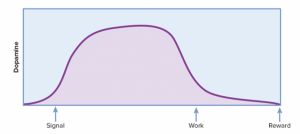
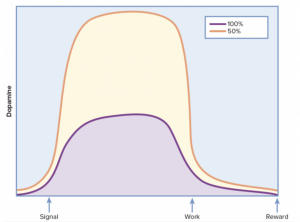
Images via Susan Weinschenk, Psychology Times
It turns out that this “rush” many of us experience is actually far from abnormal. Stanford neurologist Dr. Robert Sapolsky studied this exact thing in monkeys. Sapolsky tested the timing and amount of dopamine released in monkey brains when they pressed a lever to receive a delayed reward. The results were astonishing: the monkeys’ dopamine levels did not increase when receiving the reward, they actually increased when pressing the lever. According to Sapolsky, this indicates that “dopamine is not about pleasure, it is about the anticipation of pleasure.” This experiment can be compared to our online shopping experiences: the “lever” is the check out button, and the “delayed reward” is the package arriving in the next few days.
Therefore, delayed gratification may be the main culprit for many of our unhealthy online shopping habits. As Dr. Alan Castel of Psychology Today states, “we will come back for that feeling of anticipation, tracking our package, getting a surprise in the mail—even if the whole psychological process is not always something we are consciously aware of.”
In fact, the psychological process of online shopping is very different from that of in-store shopping, as it involves long-term rational thinking and decision making. A study by McClure et al. found that the subjects’ pre-frontal cortex activity (rational thinking centre), was increased when choosing a delayed monetary reward over an immediate smaller amount. According to Dr. Castel, these findings could indicate “a slower and more drawn-out neural reward system at play,” when applied to the psychology of online shopping, which is quite fascinating.
For many people, anticipation combined with delayed gratification, and convenience make online shopping irresistible. Especially with technology being so advanced, we are constantly surrounded by advertisements specifically designed to target our wants and needs on social media. Understanding the psychology of internet purchasing may just help you resist the urge to go for your wallet! So, the next time you’re browsing your favourite shopping site, ask yourself this, “do I really need this, or is it just the dopamine talking?”


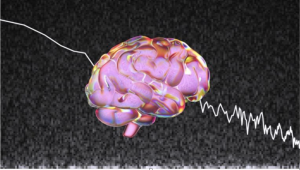
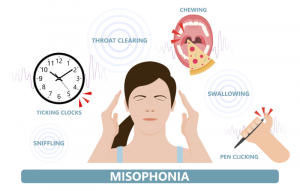
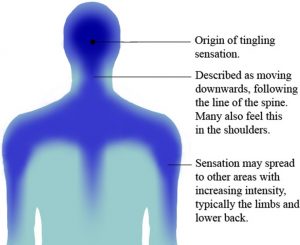
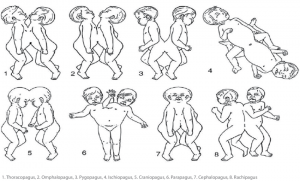


 https://d2r55xnwy6nx47.cloudfront.net/uploads/2021/02/Brain-Noise_2560_Lede.jpg
https://d2r55xnwy6nx47.cloudfront.net/uploads/2021/02/Brain-Noise_2560_Lede.jpg https://i.guim.co.uk/img/media/e16e33bdce44e28c845484cf9b93efafbdcac570/0_171_5121_3073/master/5121.jpg?width=620&quality=45&auto=format&fit=max&dpr=2&s=1b96aff2315ed8ee9176c6908c50f57b
https://i.guim.co.uk/img/media/e16e33bdce44e28c845484cf9b93efafbdcac570/0_171_5121_3073/master/5121.jpg?width=620&quality=45&auto=format&fit=max&dpr=2&s=1b96aff2315ed8ee9176c6908c50f57b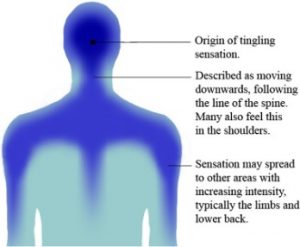 https://www.ncbi.nlm.nih.gov/pmc/articles/PMC4380153/figure/fig-1/
https://www.ncbi.nlm.nih.gov/pmc/articles/PMC4380153/figure/fig-1/